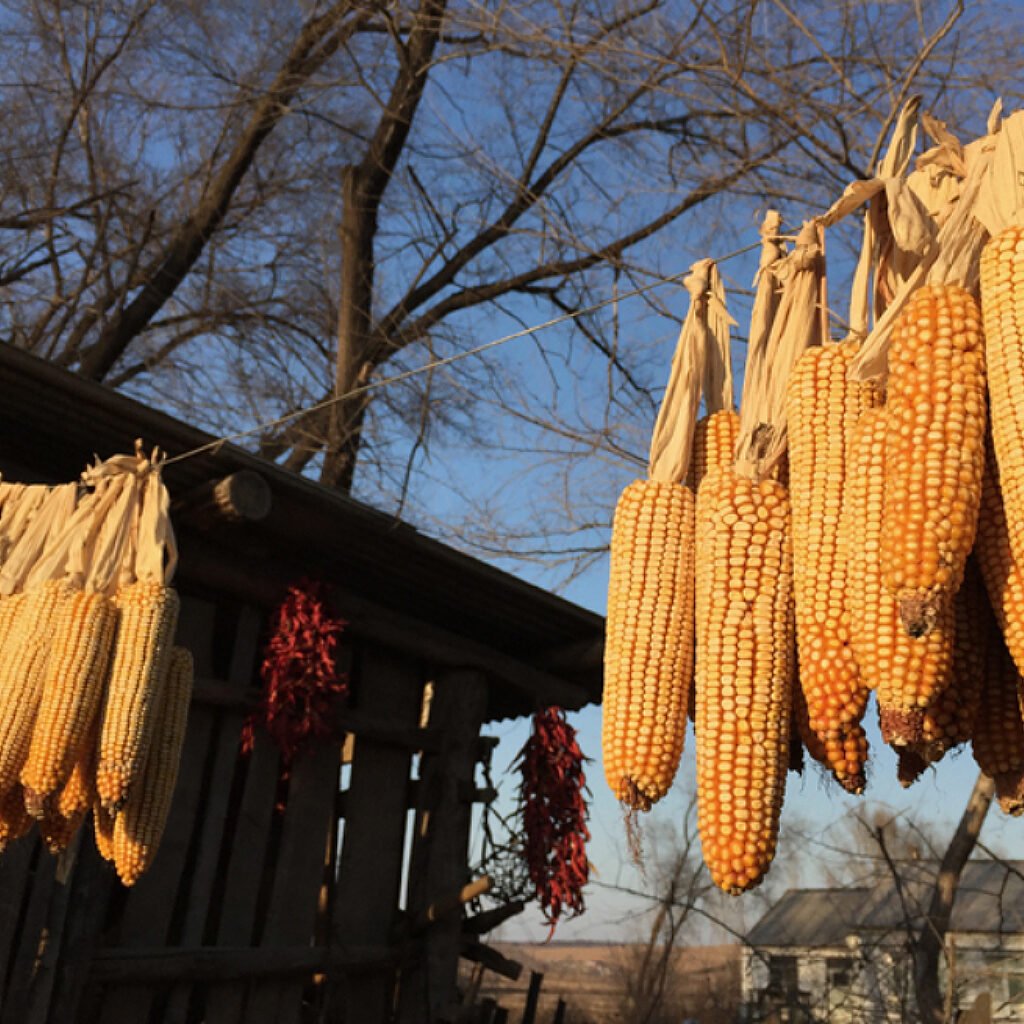Articles
China Elevator Stories
Visiting Gugu In Northeast China’s Countryside
I watch geese waddle through the garden while chatting with my husband’s aunt in the kitchen.
22/08/2013

Ruth Silbermayr
Author
One day in late June 2013, my husband and I visit Gugu (姑姑). Gugu is my father-in-law’s older sister, and I like her immediately. She is in her late 70s and lives with her husband, son, daughter-in-law, grandson, and a few chickens and geese in the countryside of Northeast China’s Jilin province.
Although their house has been newly built only recently, it lacks any modern facilities for running water. The toilet, an outhouse, is located in their garden, about 50 m from the house. In the evening, Gugu puts a bucket on the terrace right outside the kitchen, which will be our toilet for the night.
My husband and I share the Kang (炕), the traditional heated bed and center of family activities in Northeast China’s cold winters, with Gugu. We go to bed right after dawn at around 8 in the evening. Gugu gets up with the sun at 4 in the morning. I sleep two more hours until it’s time to eat breakfast.
Later, I take photos in the kitchen while Gugu prepares lunch. We’ll be eating a chicken that has just been plucked by Gufu (姑夫), Gugu’s husband. Gugu chats with me: “Do you have chicken eggs in Austria?”
I say: “We do.”
I watch geese waddle through the garden. When Gugu sees this, she asks: “How about geese? Do you have geese?”
“We do.”

A little later, while she prepares rice, she asks me: “How about rice? Do you have rice in your home country?”
“We do, but only imported rice. We don’t grow rice in Austria, so we import it from Italy or other places.”
“And do you eat rice in Austria?”
“We do, but it’s not our staple food. Our staple foods are things made from wheat and potatoes.”
“I see. Rice is our staple food here in the north. People in the south also eat things made from wheat as their staple food.”
By south, she means places such as Beijing and Xian. For people from Northeast China, these places are in the south, even though they would count as North China on a map.
Have you ever stayed in China’s countryside?